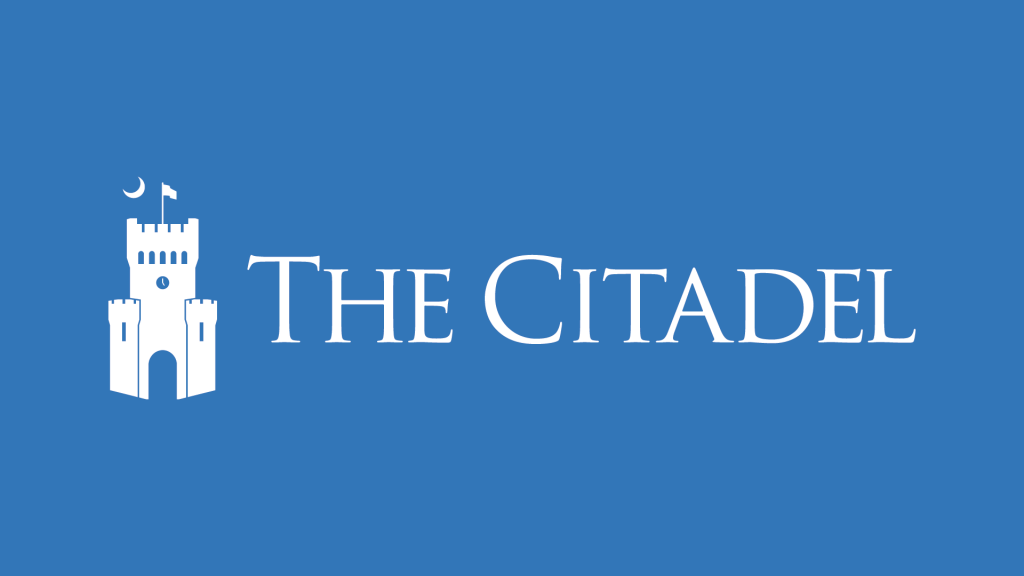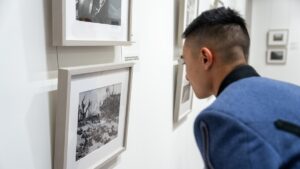
As seen in The Post and Courier, by Brian Norris
“If you want to make a call, do it now,” said the young Honduran soldier. “There are cellphone blockers.” We were driving to the La Tamara national prison outside Tegucigalpa, Honduras, where 4,000 male inmates are incarcerated.
Security was precarious. Armed guards escorted me into the prison. Globally, almost all prisons have unarmed guards because it is safer, but inmates in La Tamara are armed. So guards need to be armed too.
I postponed my entry into the prison because in the raid that delayed my visit, guards had seized “only one pistol,” according to a local newspaper. Things were improving, the lieutenant colonel in charge of the prison told me. In previous months, authorities seized 60, 22 and four firearms in three raids in La Tamara.
Honduran president Juan Orlando Hernandez put the military in charge of the country’s prisons in 2015 after a tragic fire killed 340 inmates in the Comayagua prison in 2014. The problem was that up to 85 percent of Honduran prisons, according to a local human rights group, were “self-governed.” Self-government meant inmates controlled access to different interior spaces, making effective fire emergency procedures impossible, while authorities controlled only the exterior. Militarizing the prisons put an end to many aspects of inmate self-government.
In such dire circumstances, Honduran prison authorities had a clarity of vision about the need for cellphone blocking technology. Access to cellphones tips the balance of power in favor of inmates, and that leads to problems.
South Carolina prisons are immeasurably more orderly, clean and functional than Honduran prisons, as I argue in my book, “Prison Bureaucracies in the United States, Mexico, India, and Honduras” (Lexington, 2018). But common sense and comparison with Honduras should make it clear that allowing cellphone blocking technology in South Carolina prisons would improve security and benefit prison workers and inmates, both of whom deserve the safest environment possible.

 Moore Art Gallery opens “All Hands on Deck” WWII naval photography exhibit
Moore Art Gallery opens “All Hands on Deck” WWII naval photography exhibit Citadel professor published in the Smithsonian Magazine
Citadel professor published in the Smithsonian Magazine Citadel professor to serve as next Inspector General for the U.S. Department of Defense
Citadel professor to serve as next Inspector General for the U.S. Department of Defense


